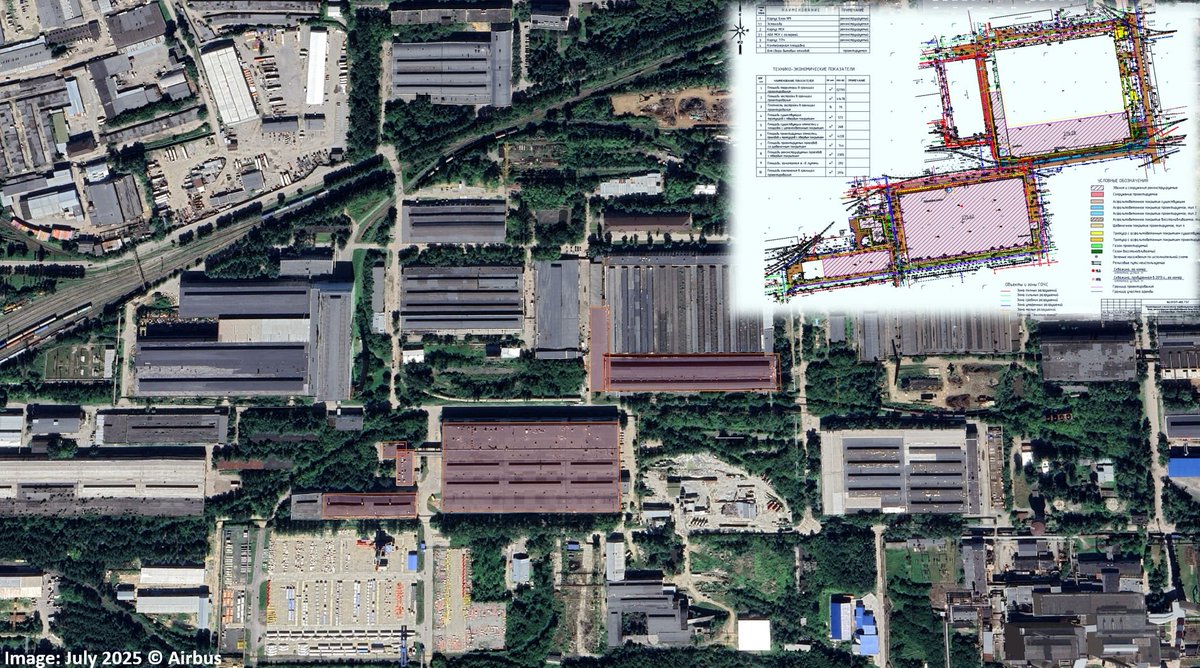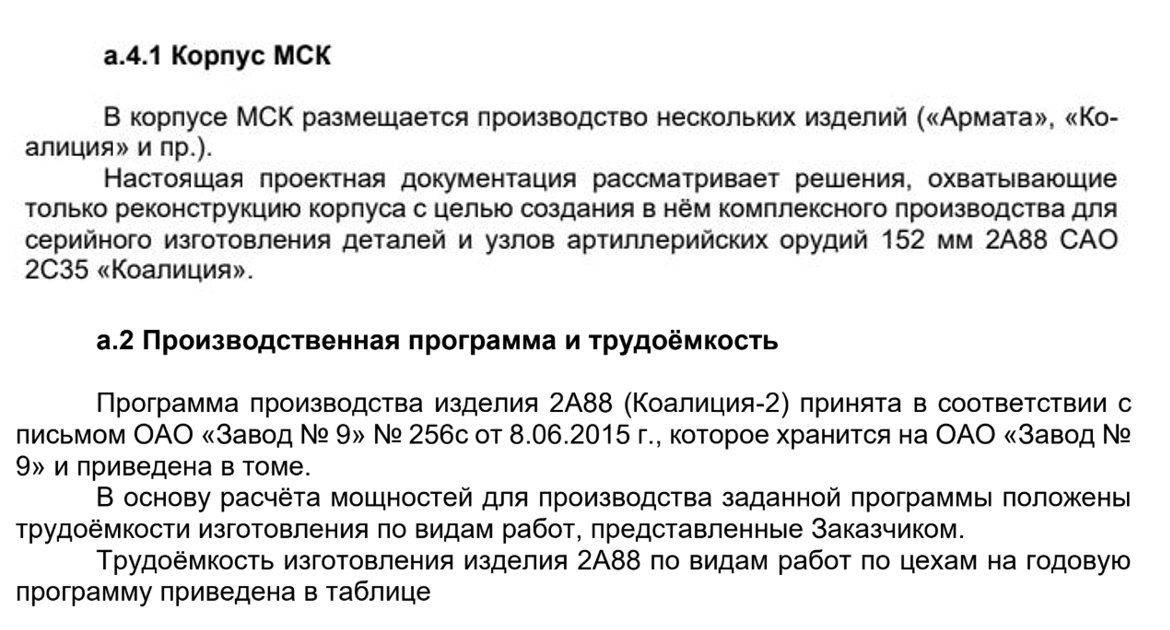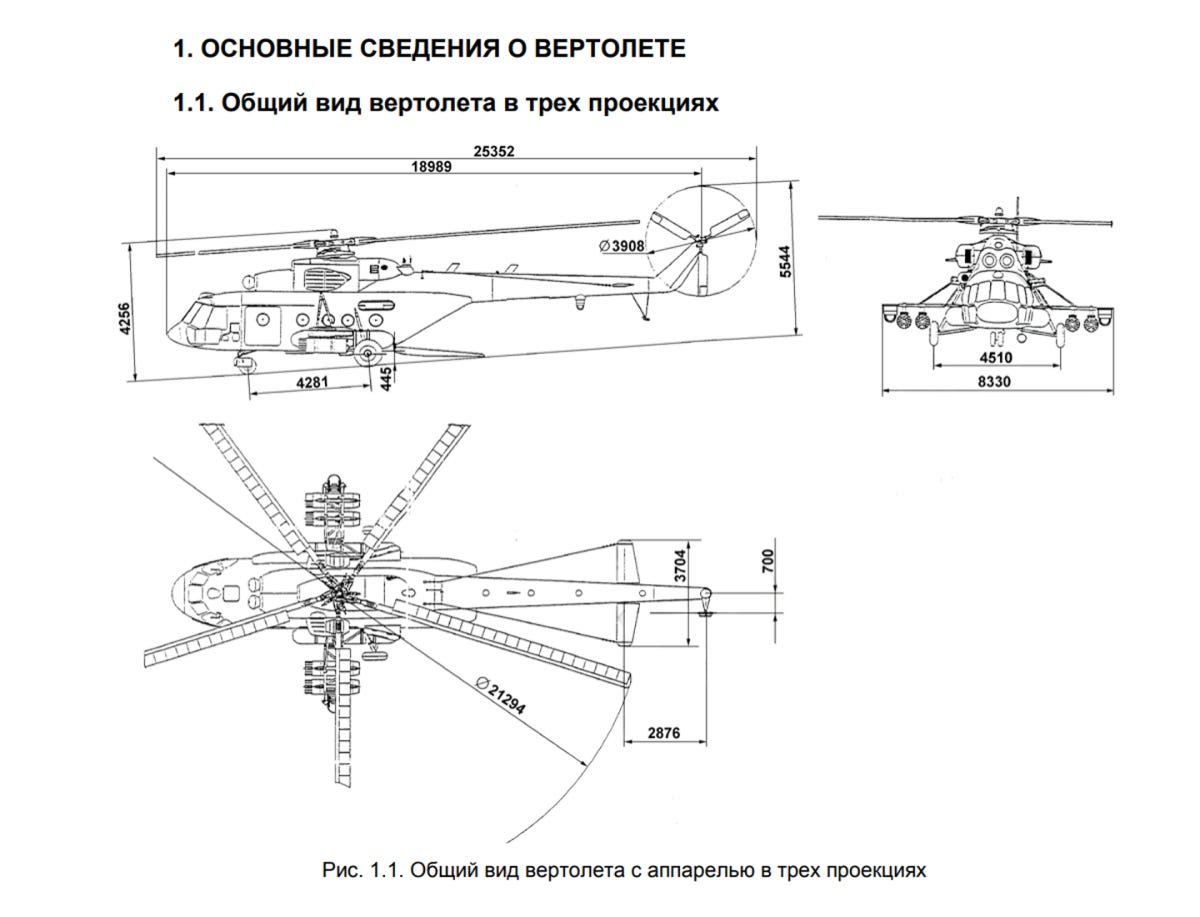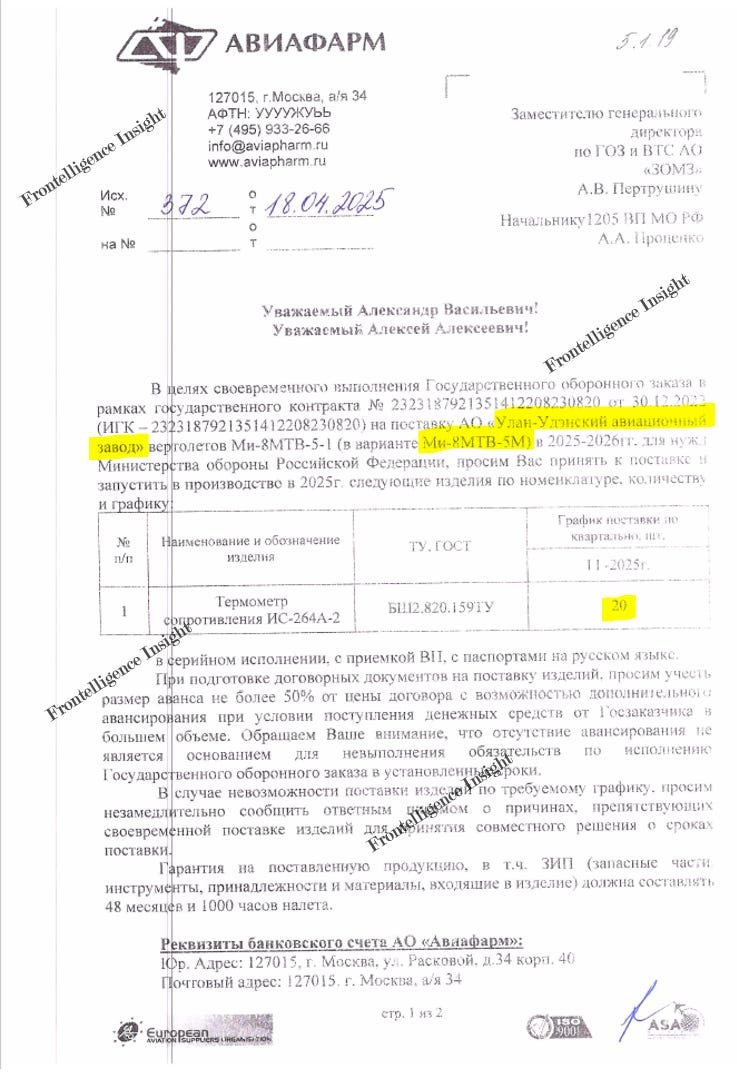Geospatial analysis from Frontelligence Insight reveals that Russian forces continue to build a defensive line in the Kursk region, located south and southwest of the Kursk Nuclear Power Plant in Kurchatov
Before continuing, please like and share to aid with visibility
🧵Thread
Before continuing, please like and share to aid with visibility
🧵Thread

2/ The initial stages of constructing a defensive line near the settlement of Dolgii, roughly 10 kilometers south of the Kursk Nuclear Power Plant, were visible in satellite imagery on August 14. By August 18, the trenches were in the process of being reinforced.
3/ After completing the initial trench digging within the first few days, Russian forces secured the necessary equipment and materials to reinforce the trenches with logs and wood. Satellite imagery shows multiple excavators in the area. 

4/ Based on a few indicators that our teams prefer not to disclose publicly, there are clues that Russian forces are also creating defenses within tree lines. Due to the foliage, these defenses are not easily visible on satellite imagery, thus defenses might be more extensive 

5/ While fortifications can be a serious obstacle, their effectiveness depends on whether experienced veterans or undertrained conscripts man them. We also don't know to what extent Russian forces plan to mine their own region 

6/ Overall, our team expects these fortifications to expand, as Russian forces have gathered resources, taking advantage of the slowdown of Ukrainian troops. It remains to be seen if they have enough time to complete them and build an organized defense to stop the Ukrainians.
7/
Consider supporting the Liberty Ukraine Foundation, which raises funds for Ukrainian troops and provides equipment, such as excavators. Unfortunately, Russia still has a serious advantage in assembling resources for defensive construction
Consider supporting the Liberty Ukraine Foundation, which raises funds for Ukrainian troops and provides equipment, such as excavators. Unfortunately, Russia still has a serious advantage in assembling resources for defensive construction
https://x.com/Teoyaomiquu/status/1820869303635472507
8/ Special thanks to @bradyafr for mapping the defenses
If you found these updates helpful, please like and share the start of the thread to improve visibility. Follow us to stay updated.
To support our future work, consider donating here:
buymeacoffee.com/frontelligence
If you found these updates helpful, please like and share the start of the thread to improve visibility. Follow us to stay updated.
To support our future work, consider donating here:
buymeacoffee.com/frontelligence
• • •
Missing some Tweet in this thread? You can try to
force a refresh















